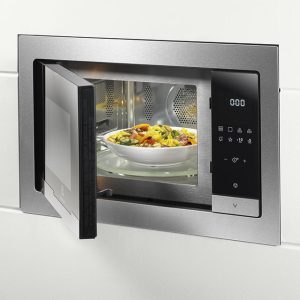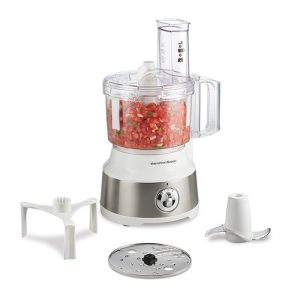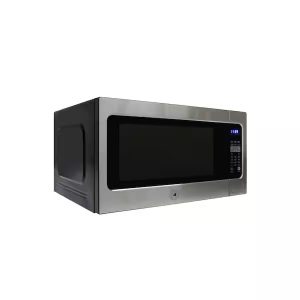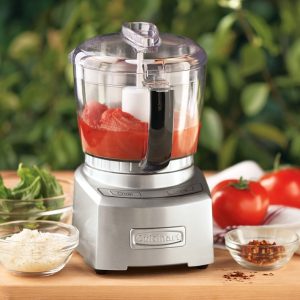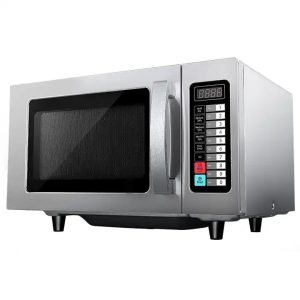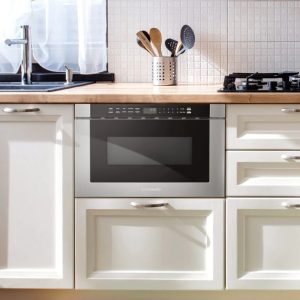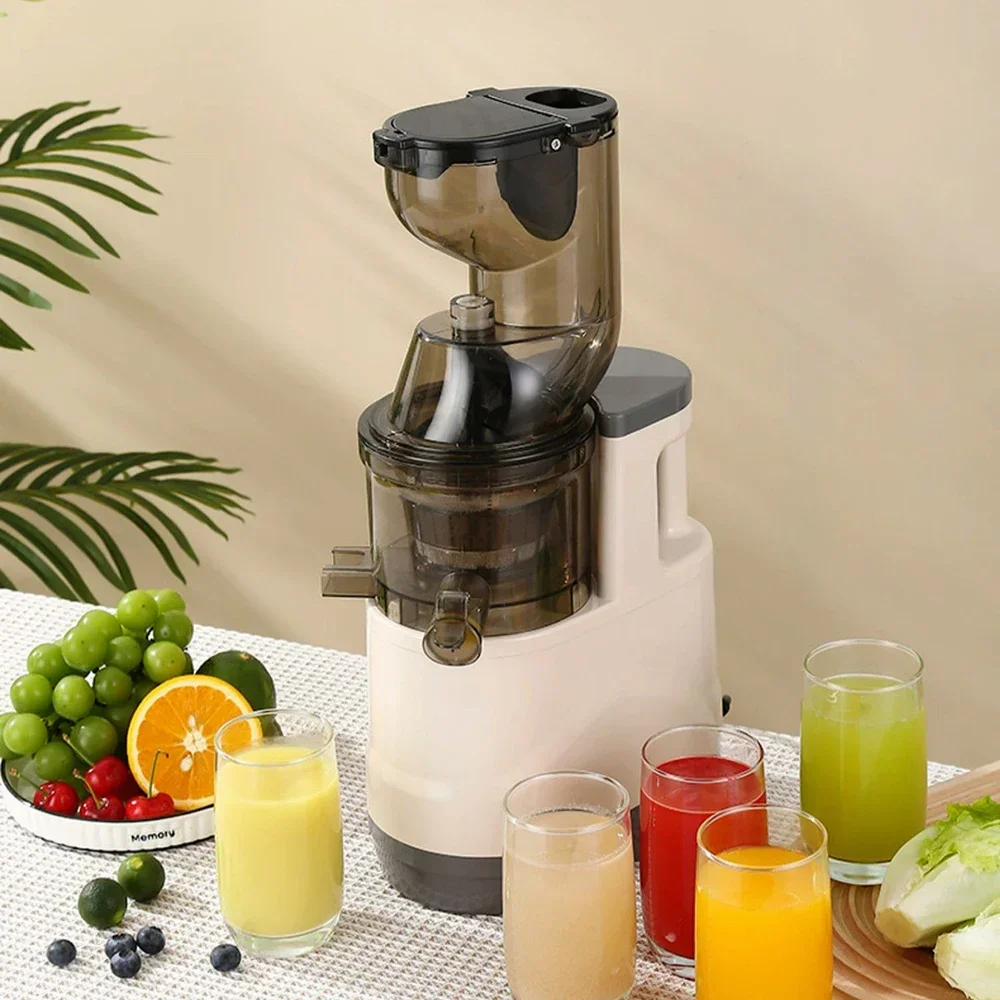
Introduction:
Understanding the Differences Between Cold Press and Juicer
When it comes to extracting juice from fruits and vegetables, there are two main options to consider: cold press and juicer. In this comprehensive comparison, we will explore the differences between these two machines. By understanding their functionalities, benefits, and drawbacks, you can make an informed decision and choose the best option for your juicing needs.
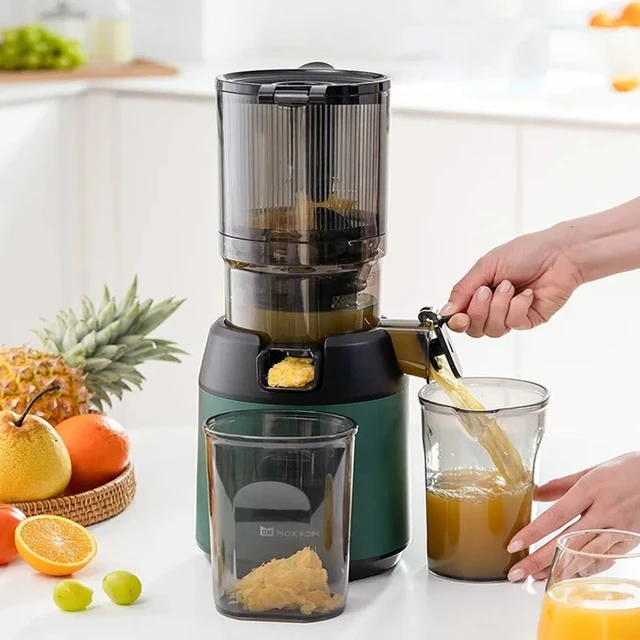
Which is Better: Cold Press vs. Juicer?
-
The Process of Extraction
a. Cold Press: A cold press, also known as a masticating juicer, utilizes a slow and gentle process to extract juice from produce. It operates by crushing the fruits or vegetables, then pressing them with a hydraulic press to extract the juice. The slow rotation speed minimizes heat generation, preserving more of the nutrients and enzymes in the juice.
b. Juicer: A traditional juicer, also known as a centrifugal juicer, uses a high-speed spinning disk to extract juice from fruits and vegetables. The produce is fed into a feeding chute and shredded by the high-speed blades. The spinning motion separates the juice from the pulp, which is then collected in separate containers.
-
Juice Quality and Nutrient Retention
a. Cold Press: Cold press juicers are known for their ability to preserve nutrients and enzymes due to the slow extraction process. The low heat generation minimizes oxidation, allowing the juice to retain more vitamins, minerals, antioxidants, and beneficial enzymes. Cold press juicers produce juice with a rich, smooth texture, vibrant color, and a full-bodied flavor.
b. Juicer: Juicers work quickly, but the high-speed spinning motion generates heat, which may cause oxidation and nutrient degradation. The fast extraction process exposes the juice to more air, leading to a shorter shelf life. While juicers offer convenience and speed, they may result in a slightly lower nutritional content compared to cold press juicers.
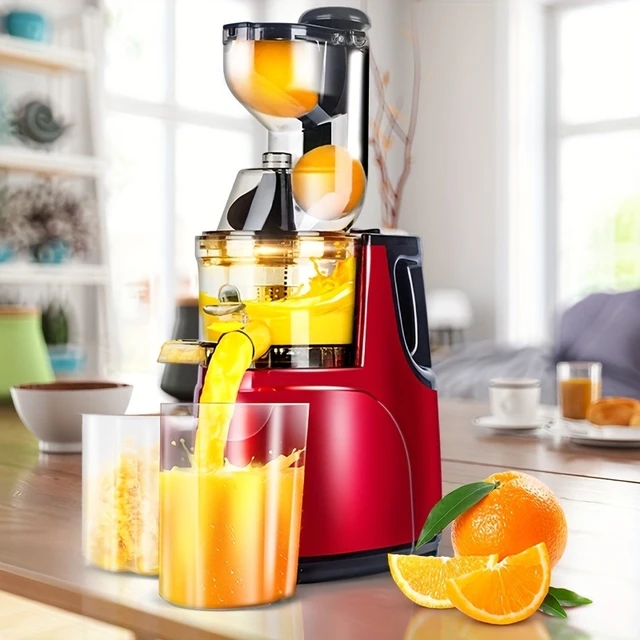
-
Juice Yield and Pulp Consistency
a. Cold Press: Cold press juicers are renowned for their high juice yield, extracting more juice from the same amount of produce compared to juicers. The slow and thorough extraction process squeezes out every last drop, leaving behind dry and fine pulp. Cold press juicers are especially efficient at extracting juice from leafy greens and fibrous vegetables.
b. Juicer: Juicers generally provide a good juice yield, but it may be slightly lower compared to cold press juicers. The fast spinning motion separates the juice from the pulp swiftly, resulting in a wetter and coarser pulp. Juicers excel at juicing soft fruits and certain vegetables but may struggle with extracting juice from leafy greens.
-
Convenience and Speed
a. Cold Press: Cold press juicers operate at a slower pace due to their gentle extraction process. While this ensures nutrient retention, it also means that juicing takes longer. Cold press juicers require more patience, as they have a slower feeding time, longer cleaning time, and may require more prep work due to their narrower feeding chutes.
b. Juicer: Juicers are known for their speed and convenience. The high-speed spinning blades process fruits and vegetables quickly, allowing for a faster juicing experience. Juicers typically have wider feeding chutes, reducing the need for extensive pre-cutting. However, juicers often have more parts to clean, and the high speed may lead to louder operation.
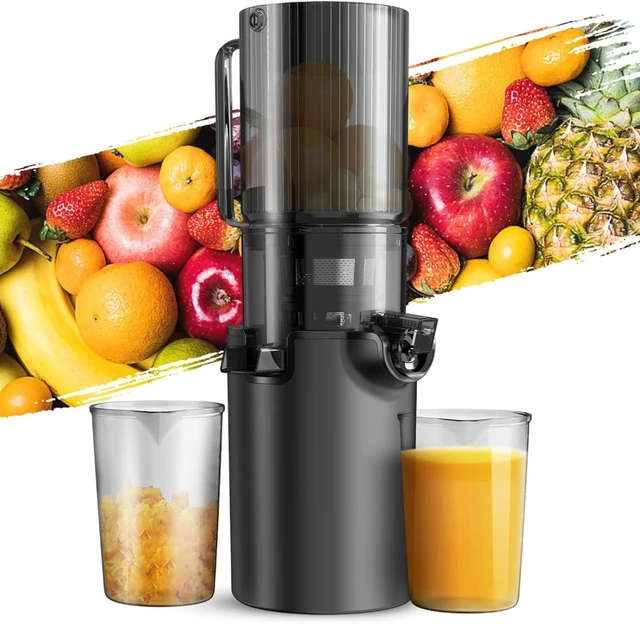
-
Noise Level
a. Cold Press: Cold press juicers operate at a slower speed, resulting in quieter operation compared to juicers. While they still produce some noise, it is typically less intrusive and less likely to disturb others in the vicinity.
b. Juicer: Juicers utilize high-speed spinning blades, resulting in a louder operation. The rapid rotation of the blades produces a higher noise level, which may be a consideration for those looking for a quieter juicing experience.
-
Price Range
a. Cold Press: Cold press juicers are generally more expensive compared to juicers. The advanced technology, slower extraction process, and superior juice quality contribute to the higher price tag. However, the long-term benefits of retaining nutrients and obtaining higher juice yields may outweigh the initial investment for many juicing enthusiasts.
b. Juicer: Juicers are available at a wider range of price points, making them more accessible for individuals on a budget. Basic centrifugal juicers tend to be more affordable, while more advanced models with additional features may come at a higher price.
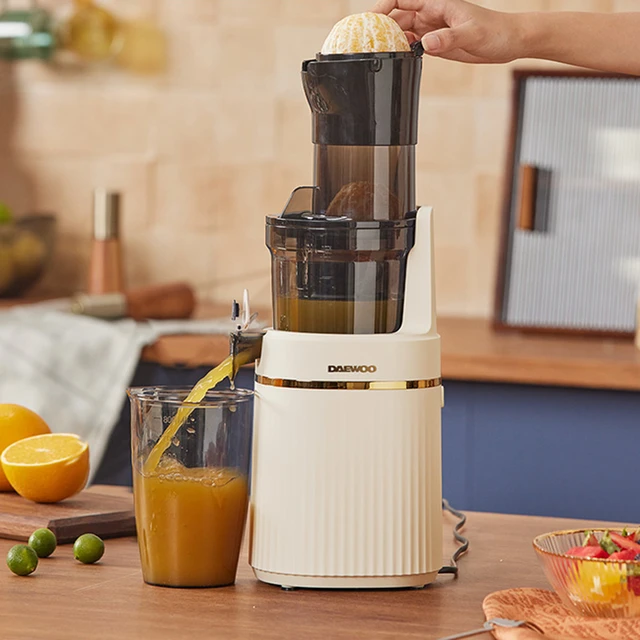
-
Cleaning and Maintenance
a. Cold Press: Cold press juicers typically have more parts and components that require cleaning after each use. The slow extraction process can result in more pulp and residue buildup, requiring thorough cleaning to maintain optimal performance. However, many cold press juicers have dishwasher-safe parts, making the cleaning process more convenient.
b. Juicer: Juicers are generally easier to clean as their high-speed spinning action expels most of the pulp and residue. Most juicers have removable parts that are dishwasher-safe, simplifying the cleaning process. However, some juicers may have small crevices and hard-to-reach areas that require attention during cleaning.
-
Versatility in Use
a. Cold Press: Cold press juicers are not limited to just juicing. Some models offer additional functions, such as making nut butter, sorbets, or baby food. Their slow, grinding action makes them versatile kitchen tools for various culinary needs beyond juice extraction.
b. Juicer: Juicers are primarily designed for juice extraction and may not offer the same versatility as cold press juicers. While some juicers may have additional attachments for making sorbets or citrus juice, their main focus is on efficient juice extraction.
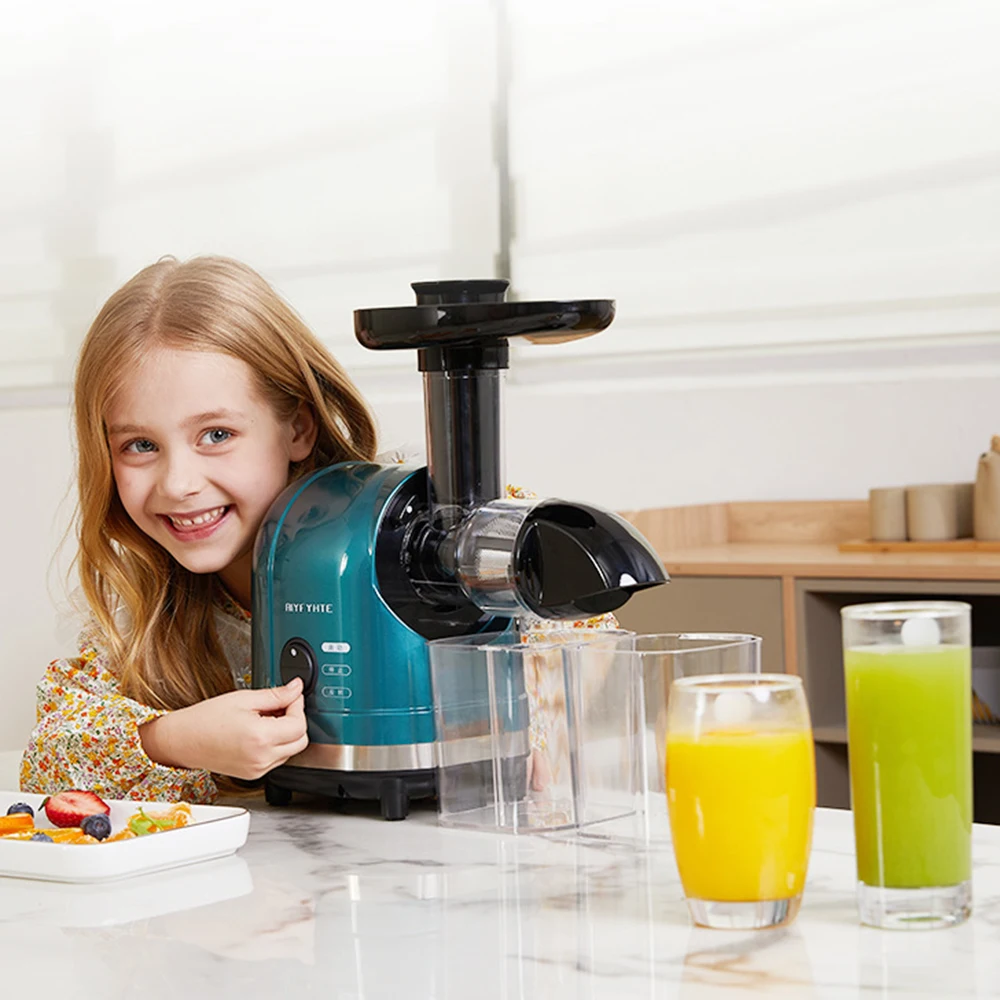
Conclusion: Making the Right Choice for Your Juicing Needs
Choosing between a cold press and a juicer comes down to your personal preferences and priorities. If maximum nutrient retention, high juice yield, and superior juice quality are your main concerns, a cold press juicer is the way to go. However, if speed, convenience, and a more cost-effective option are your priorities, a traditional juicer could be the better choice.
Consider the trade-offs between convenience and nutrient retention. Assess factors such as the type of produce you’ll be juicing, the frequency of juicing, and the noise level that suits your lifestyle. Ultimately, both options offer the opportunity to incorporate fresh and wholesome juice into your diet. With the knowledge gained from this comprehensive comparison, you can make an informed decision that aligns perfectly with your juicing needs and preferences.
